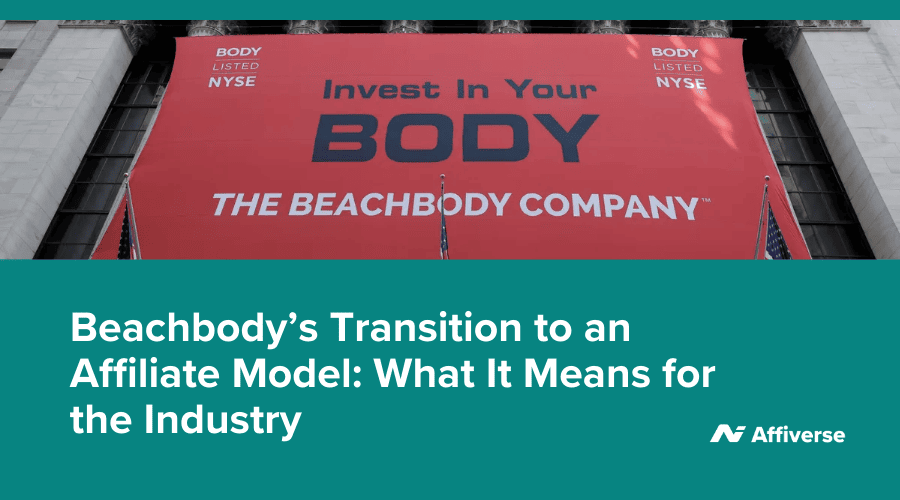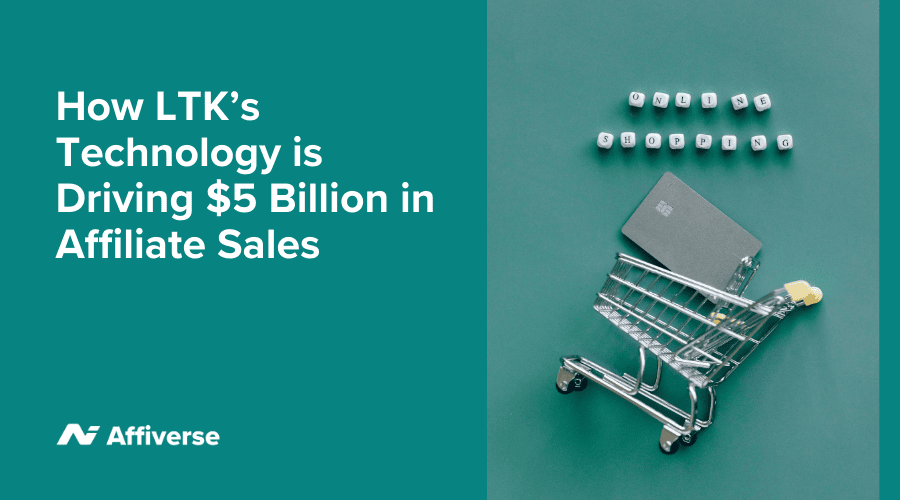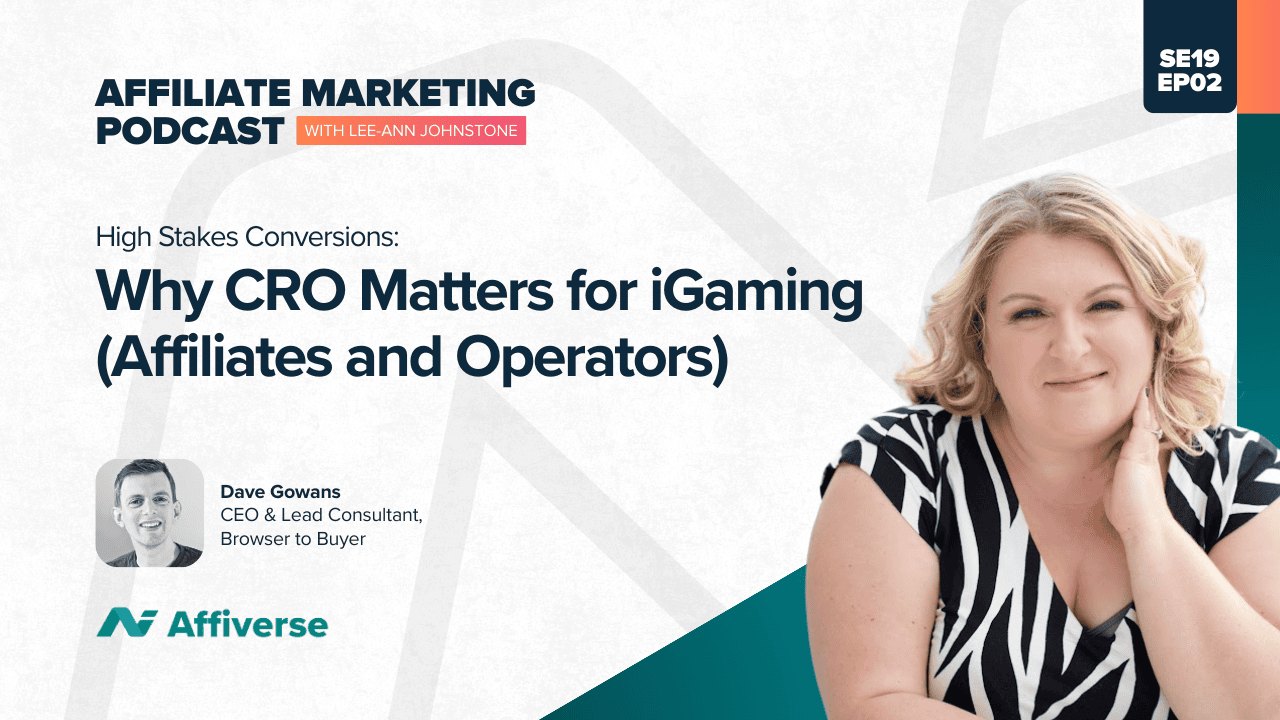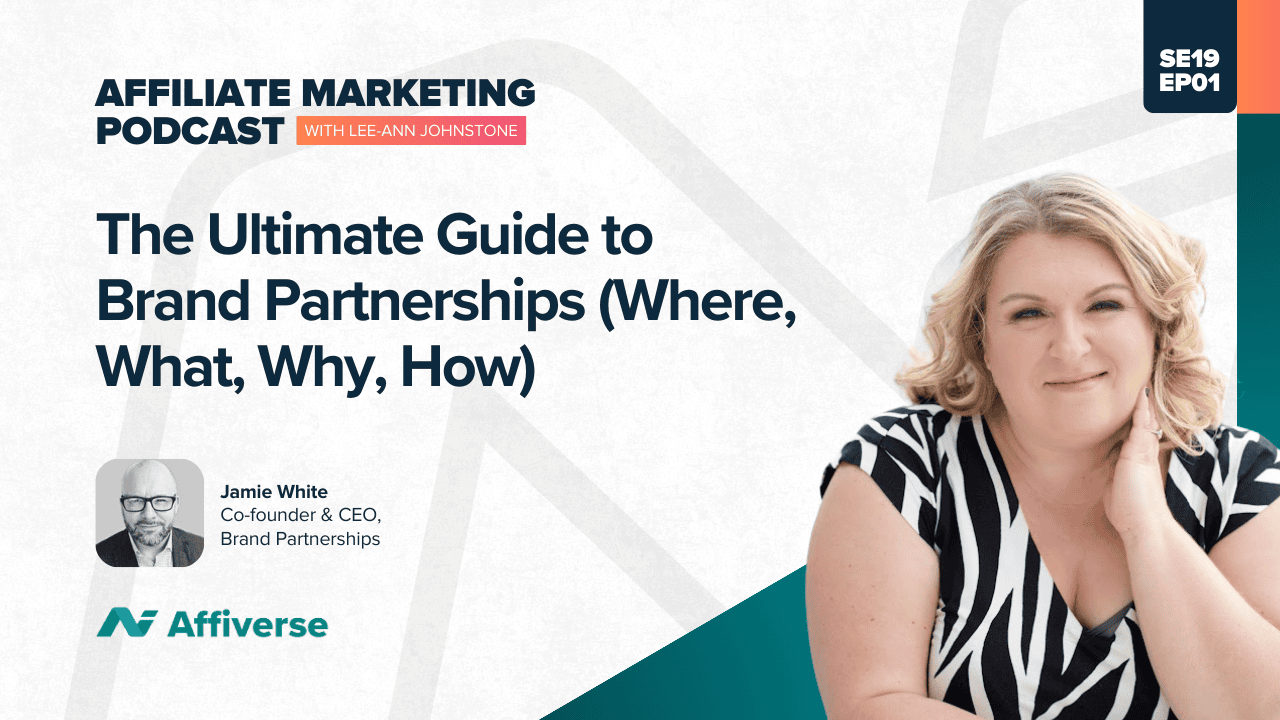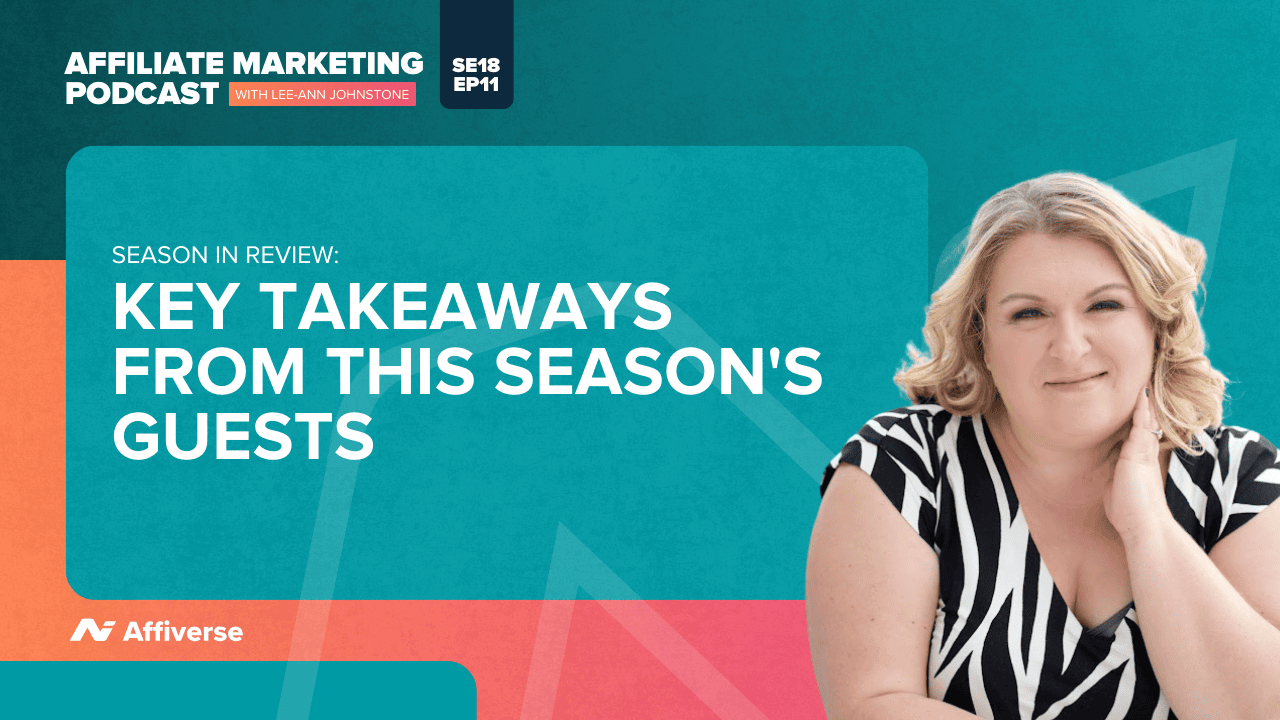Beachbody, the fitness and wellness company best known for its home workout programs like P90X and Insanity, has made a significant shift in its business model.
As part of a major restructuring effort, the company has transitioned away from its traditional multi-level marketing (MLM) structure to adopt an affiliate-based model. This move, accompanied by layoffs of nearly 200 employees—roughly a third of its workforce—marks a turning point for a brand that has long relied on direct sales and personal networks.
Here’s a look at why Beachbody is making this change, what it means for affiliates, and how this could signal a broader trend in the industry.
Why Beachbody is shifting to an affiliate model
For years, Beachbody operated as a multi-level marketing business, relying on “coaches” who sold its fitness programs and supplements directly to customers. Coaches were incentivised to recruit others, earning commissions on both sales and the performance of their recruits. While this model has been lucrative for some, MLMs have faced increasing criticism for their reliance on recruitment and the perception that only a small percentage of participants achieve significant earnings.
Several factors likely influenced Beachbody’s decision to transition:
1. Public scrutiny of MLMs
MLMs have come under fire in recent years for their business practices, with critics arguing that they often prioritise recruitment over product sales. This has led to regulatory scrutiny and a growing public distrust of the model.
2. Changing consumer behaviours
Consumers are now more inclined to seek out products through digital channels, including social media and influencers. Traditional MLM structures can struggle to compete in a marketplace dominated by affiliate marketing and e-commerce.
3. Cost efficiency
By adopting an affiliate model, Beachbody can reduce overhead costs associated with training and supporting a large network of sales representatives. Affiliates, who work independently to promote products online, offer a leaner and more scalable approach to marketing.
What the new affiliate model looks like
Under the affiliate model, Beachbody will rely on independent marketers to promote its products through digital platforms like blogs, social media, and YouTube. Affiliates earn commissions based on sales generated through their unique referral links, with no requirement to recruit others or manage a downline.
This approach allows affiliates to focus purely on promoting Beachbody’s fitness programs and supplements, simplifying the process for both the company and its partners. It also makes the brand more accessible to a wider range of marketers, including influencers and content creators who may have been hesitant to join an MLM.
What this means for affiliates
The shift to an affiliate model presents new opportunities for marketers interested in the fitness and wellness space. Here’s what affiliates can expect:
1. Simplified earning potential
Without the complexities of managing recruits, affiliates can focus solely on driving traffic and conversions. This opens the door for individuals who want to earn commissions without the additional responsibilities associated with MLMs.
2. Appealing to a broader audience
Beachbody’s fitness programs and supplements already have strong brand recognition, making them attractive products for affiliates to promote. With a proven track record and loyal customer base, affiliates can leverage this to build trust and drive sales.
3. Creative freedom
Affiliates can use a variety of content formats to promote Beachbody products, from workout tutorials and reviews to sponsored posts and social media campaigns. This flexibility allows marketers to tailor their approach to their audience’s preferences.
4. Potential for higher commissions
By focusing on product sales rather than recruitment, Beachbody may be able to offer competitive commission rates, incentivising affiliates to prioritise performance.
The broader implications for the industry
Beachbody’s move away from MLM reflects a larger trend within the direct sales and e-commerce industries. Here are some key takeaways:
1. The decline of MLMs
As public perception of MLMs continues to decline, more companies may consider alternative models that emphasise transparency and performance. The affiliate model offers a way to maintain direct-to-consumer relationships without the controversies associated with MLM structures.
2. The rise of affiliate marketing
Affiliate marketing has grown rapidly in recent years, driven by its cost-effectiveness and scalability. Companies like Beachbody are recognising the value of leveraging digital creators to reach targeted audiences.
3. Shifting consumer expectations
Today’s consumers value authenticity and convenience. Affiliate marketing, which relies on trusted recommendations and seamless online shopping experiences, aligns well with these expectations.
4. Opportunities for influencers
As more brands adopt affiliate programs, influencers have an expanding range of opportunities to monetise their platforms. Fitness and wellness, in particular, are categories where influencers can thrive, offering genuine endorsements of products they use and believe in.
Challenges to consider
While the affiliate model offers numerous benefits, it’s not without challenges. Beachbody will need to ensure its affiliates align with the brand’s values and maintain consistent messaging. Additionally, the company must invest in robust tracking systems to ensure affiliates are accurately rewarded for their efforts.
For affiliates, competition may be a concern, particularly with a well-known brand like Beachbody that will likely attract a large number of marketers. Standing out will require creativity, high-quality content, and a strong understanding of the audience.
Final thoughts
Beachbody’s shift to an affiliate model signals a significant change in the way the company operates and connects with its customers. By embracing a performance-based approach, Beachbody is positioning itself for growth in an increasingly digital world.
For affiliates, this transition opens the door to new opportunities, allowing them to partner with a trusted brand in the fitness and wellness industry. As more companies follow Beachbody’s lead, the affiliate marketing space is set to become even more dynamic, offering exciting possibilities for marketers willing to innovate and adapt.


